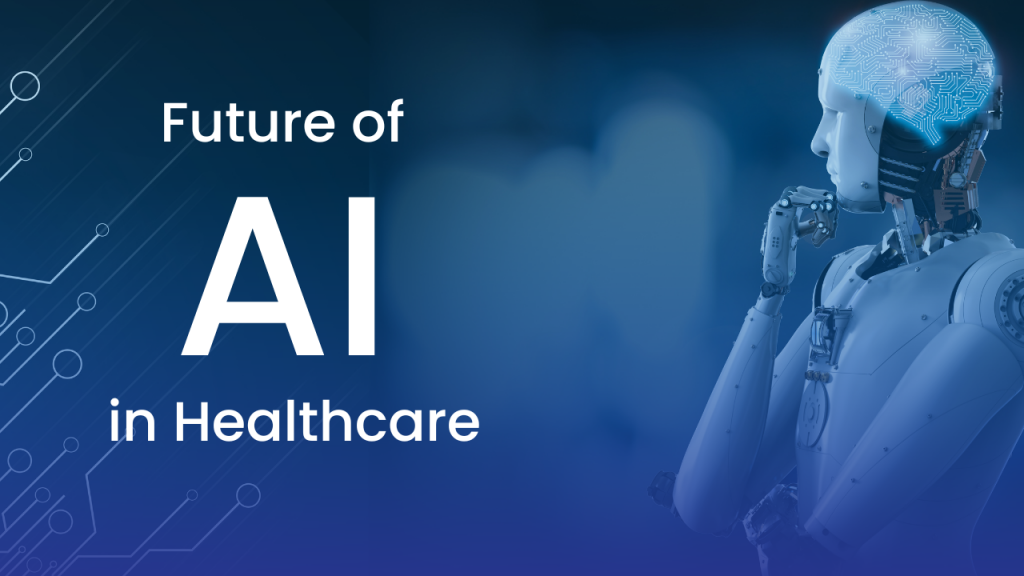
AI’s Role in Revolutionizing HealthcareAI’s Role in Revolutionizing Healthcare Artificial intelligence (AI) is transforming the healthcare industry at an unprecedented rate, revolutionizing the way we diagnose, treat, and prevent disease. Its powerful capabilities are revolutionizing every aspect of healthcare, from drug discovery to patient care. Diagnosis and Screening AI algorithms can analyze vast amounts of data, including medical images, electronic health records, and genomic information, to identify patterns and abnormalities that may be missed by human eyes. This enables the early detection of diseases, such as cancer, diabetes, and heart disease, even before symptoms appear. AI-powered diagnosis tools are also improving the accuracy and efficiency of disease screening programs. Treatment Planning AI can assist clinicians in developing personalized treatment plans by analyzing patient-specific data. By considering individual characteristics, such as genetic profile, medical history, and lifestyle factors, AI algorithms can predict the most effective medications, therapies, and surgical interventions for each patient. This precision approach can optimize outcomes and reduce the risk of adverse effects. Drug Discovery and Development AI is accelerating the drug discovery and development process. Machine learning algorithms can analyze vast databases of compounds to identify potential drug candidates. They can also predict how drugs will interact with the human body, reducing the time and cost of clinical trials. AI-powered drug design tools are also enabling the development of novel therapies with improved efficacy and safety profiles. Patient Care AI is enhancing patient care through virtual assistants, remote monitoring, and personalized health recommendations. Virtual assistants can provide 24/7 support, answering patients’ questions, scheduling appointments, and managing medication. Remote monitoring devices, powered by AI analytics, can detect early signs of health problems and trigger timely interventions. Personalized health recommendations, tailored to individual risk profiles, can help patients make informed decisions about their health. Administrative Tasks AI is also revolutionizing healthcare administration tasks. Automated systems can handle insurance claims processing, appointment scheduling, and inventory management, freeing up healthcare providers to spend more time on patient care. AI-powered chatbots can efficiently answer patient inquiries, reducing call volume and improving response times. Ethical Considerations While AI holds tremendous promise for healthcare, it also raises ethical concerns. It is crucial to ensure that AI algorithms are unbiased, transparent, and accountable. Patients’ privacy and data security must be protected. Additionally, it is important to address the potential impact of AI on employment and to ensure that the benefits of AI are accessible to all members of society. Conclusion AI is playing a pivotal role in revolutionizing healthcare. Its capabilities are transforming the way we diagnose, treat, and prevent disease, while also enhancing patient care and streamlining administrative tasks. However, it is important to consider the ethical implications of AI and to implement safeguards to ensure its responsible use. As AI continues to advance, it is likely to bring even greater benefits to the healthcare industry, improving patient outcomes and facilitating a more personalized and efficient healthcare system.
Posted inNews